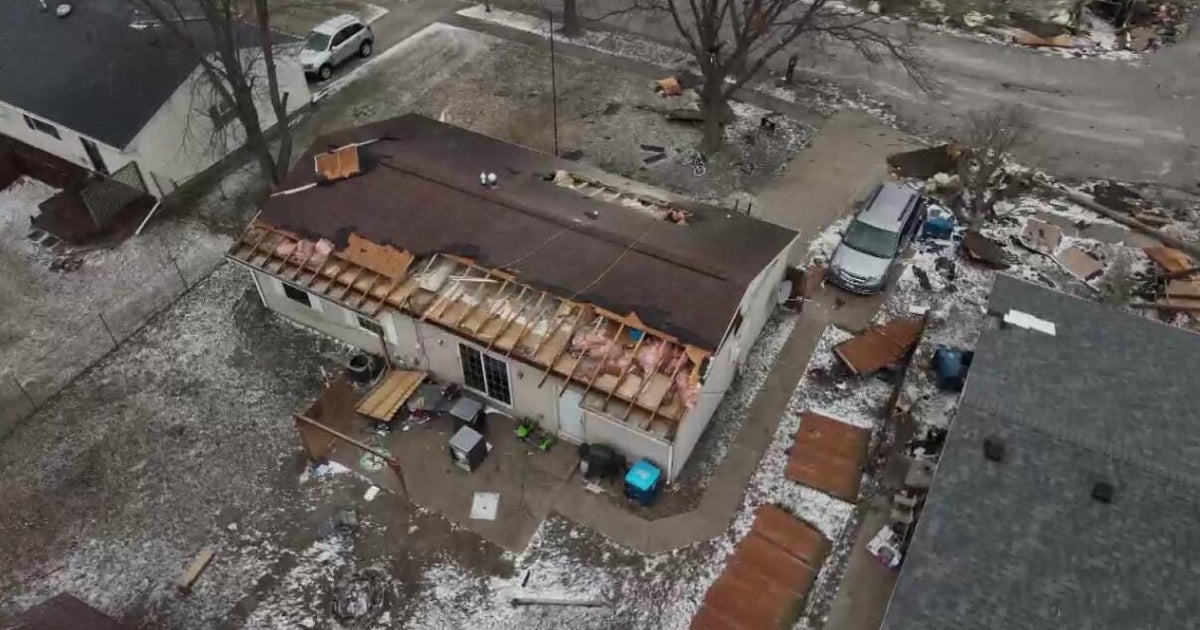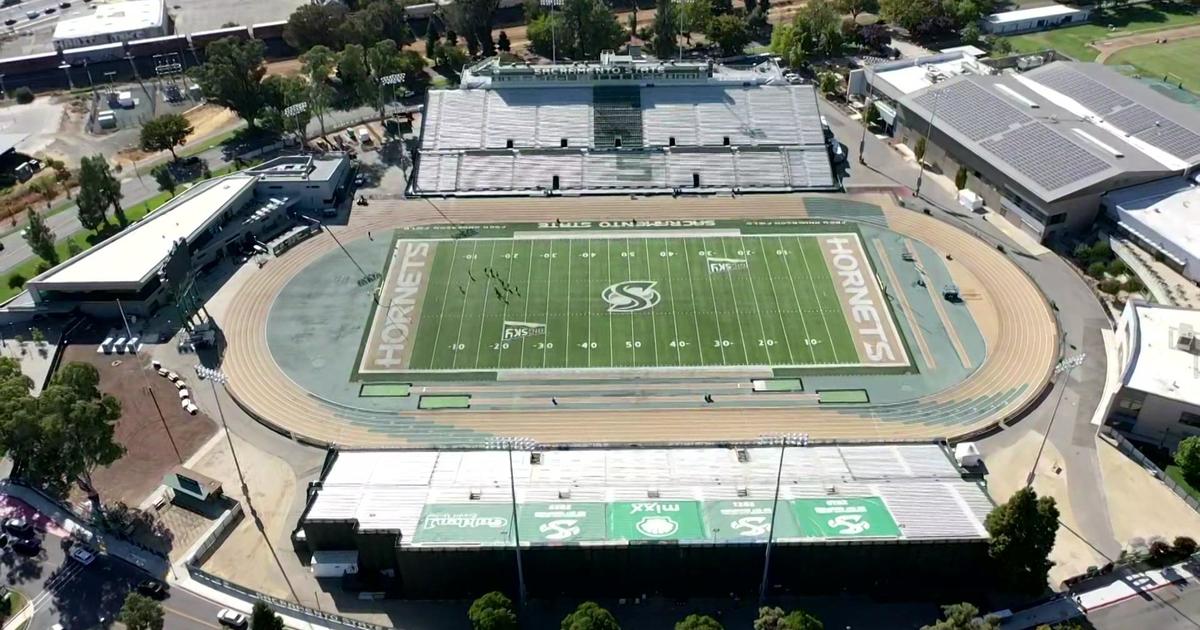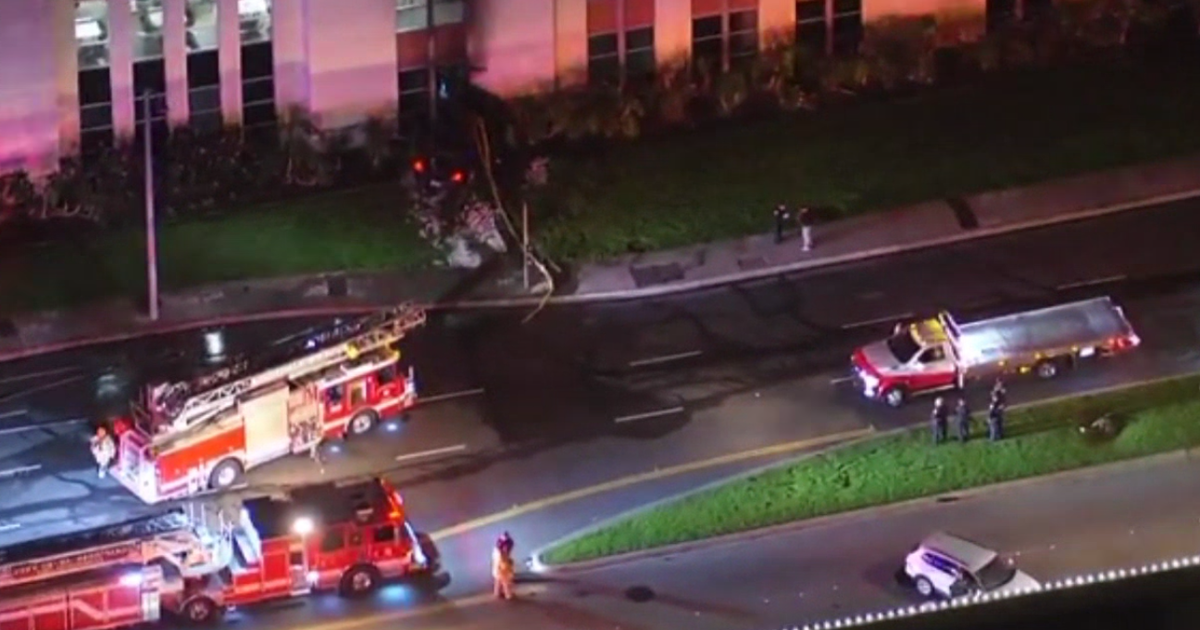Fireball Lights Up Night Sky As Meteor Spotted Across The Midwest
CHICAGO (CBS) -- Professional and amateur astronomers in Chicago and across the Midwest spotted a bright fireball in the sky Tuesday night as a large meteor came crashing to Earth.
The meteor flashed across the sky around 7 p.m. Chicago time. The American Meteor Society said it received more than 355 reports about the fireball, which was primarily spotted in Michigan, but also spotted in Illinois, Indiana, Ohio, Pennsylvania, Missouri, and Ontario.
"What they saw was called a fireball, and a fireball is a very brightly glowing meteor traveling really fast into the Earth's atmosphere," said Michelle Nichols, an astronomer at the Adler Planetarium.
Nichols estimated the meteor was traveling roughly 30,000 miles an hour as it entered the atmosphere.
"That could be kind of slow. So there are some meteors that are traveling over 100,000 miles an hour," she said.
Jose Lara was driving along 31st street near west suburban Brookfield when he spotted the meteor.
"It just blew up, and it lit up like a ball of fire, and then it just went down, and it looked to me like it landed nearby in the suburbs, but I guess it's just across the sky," he said. "It was something I had never seen anything like that, so it was pretty cool."
Mike Narlock, head of astronomy at the Cranbrook Institute of Science in Bloomfield Hills, Michigan, said the meteor was so bright, it briefly appeared to be daytime for some viewers.
"This one seems to have happened quite a distance up in our atmosphere, as evidenced by the fact that folks in Chicago saw the light," he said.
Several videos of the meteor were posted on YouTube and Twitter, including footage from the dashboard camera of a police cruiser in Kalamazoo.
Scientists studying meteors not only examine videos from eyewitnesses, but study weather maps from when they fall.
"The little pieces, as they're falling to the ground, showed up on weather radar. So you could say these things showed up like raindrops," Nichols said.
Astronomers estimated the meteor could have been a couple feet wide, but the meteorites would be much smaller – about 12 grams or less each. Some witnesses reported hearing a boom as the meteor appeared. Nichols said that was the sound of the meteor breaking up as it penetrated the atmosphere.
"The air pressure that this thing ran into basically caused it to shatter apart into little pieces," Nichols said.
It was snowing in the Detroit area, where scientists believe the meteorites landed, so they could be tough to find.
"It's going to be a little hard to identify them. So there will be probably a lot of meteor-wrongs that are picked up along with a lot of the meteorites," Nichols said.
Meteors hit Earth every day, but Nichols said sightings are rare, and most end up in the water.







